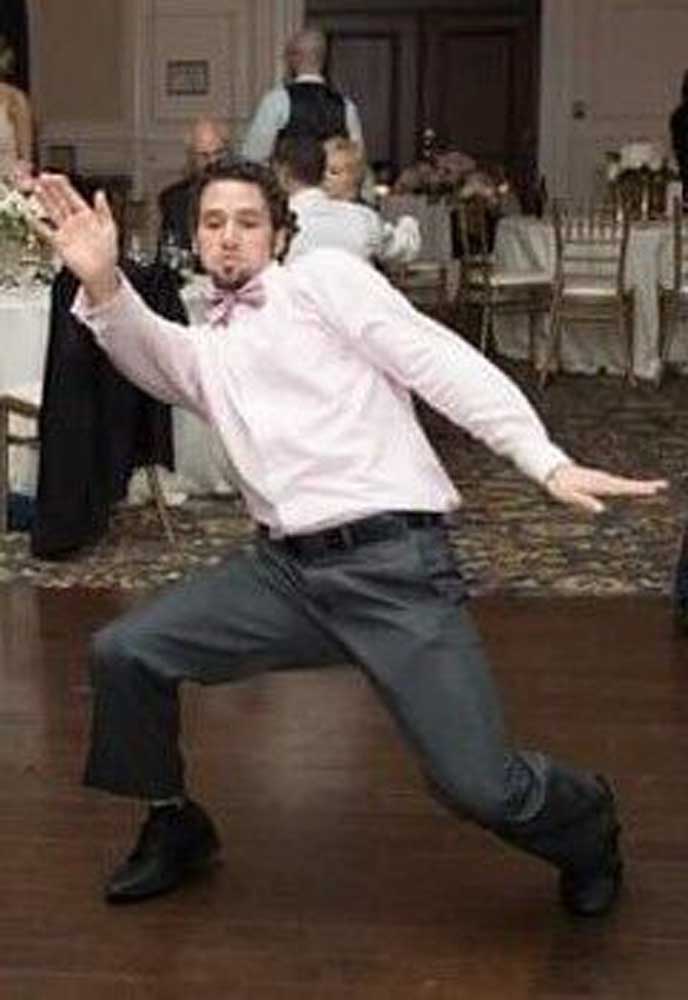‘We’ve got to make sure they don’t fall through the cracks’
Published 3:00 pm Monday, March 4, 2024

- Richard Garbutt, left, Dan Smith, center, and Judge Kirk Wintermute, right, meet at the Clatsop County Courthouse on Friday, March 1, 2024.
ASTORIA — A team of advocates and advisers at Clatsop County Circuit Court hopes to guide veterans through legal challenges with a recently launched Veterans Treatment Court.
Trending
The new court serves as a track within the specialty courts for mental health and drug treatment, which are led by Judge Kirk Wintermute. Veterans are often charged with offenses stemming from mental health issues, addiction or both.
“There’s not usually a bright line,” Wintermute said. “For a lot of folks who have one or the other, there’s a lot of overlap. But we try to figure out the best track for those folks.”
Dan Smith, a probation officer and veteran, said the idea for the new court was initially proposed by Christopher Hoover, a supervisor who wanted to better serve veterans that make up 11% of the county’s population. They began working with Carl Wiley, the county’s veterans service officer, to develop a blueprint.
Trending
“We tried to figure out how many veterans were in the county, and then we also looked at how many veterans had been on supervision or in custody for various reasons,” Smith said. “I think we took sort of a snapshot over a five or six-year period to see how many veterans were coming into the jail. And we had about 25 or 26 per year.”
Grant funding
Clatsop County is the fifth county in Oregon to develop a Veterans Treatment Court, following Columbia, Klamath, Marion and Washington. The Circuit Court received a grant of nearly $129,000 from the Oregon Criminal Justice Commission to launch the program as part of a statewide initiative to support specialty courts.
Once a veteran enters the criminal justice system, Smith said it’s helpful to be able to accurately screen and assess the case, especially when it comes to different branches of the military and levels of enlistment civilians might not be informed about.
“Working with Carl really helps us have a good team to be able to identify those things,” he added. “And then we just started building the process in how the jail identifies the veterans as they come in, how the courts identify the veterans as they come in. So that way, we can try to get them to the right attorneys so we can navigate those things. That’s kind of why it started — we found a need.
“Having a PO that is a veteran sitting across the table, that relatability we have and being able to talk through some of those things and share my own experiences really helps them open up.”
Retired attorney and veteran Richard Garbutt, who helped devise the veterans track, also emphasized the importance of having specialized legal and social services resources for veterans.
“We’ve got to make sure they don’t fall through the cracks of mental health treatment court or drug treatment court, because they have a whole different overlay of issues that got them into that situation,” he said. “So we have to recognize that.
“My job is to go check on these guys. Not as a probation officer, but I just try to talk to them. I get them into services, make sure they’re in services and if they’re not in services, what can I do to help them get into them?”
Garbutt said most of the services he recommends are mental health-based due to the prevalence of dual diagnoses, where veterans develop mental health issues and drug addiction as a result of post-traumatic stress disorder. Often, he said, people go into and emerge from military service believing mental and physical trauma are just part of the job.
“These guys don’t even know where to start,” he explained. “And it’s really intimidating to go into an office and sit down across from someone and be able to open up a little bit. You’ve got to meet them where they are.”
Since the veterans track launched a couple of weeks ago, the team has been assisting two veterans who had initially been assigned to the treatment court for mental health. Judicial assistant Darla Aho said that although veterans had previously gone through the drug and mental health treatment courts, the court had not always been aware of their specific needs and, until now, often lacked the tools to support them successfully.
Participants in the veterans track attend court once a week to consult with their team, consisting of Wintermute, Wiley, Smith, Garbutt and Aho. Treatment courts in general are intended and structured to be nonconfrontational, supportive environments.
“The treatment courts are really built to help people who might not be successful on probation otherwise,” Wintermute said. “The standard we’re looking at is high-risk people who really need help, who really are at risk of further criminal charges, further things that might cause problems in the community.
“So these are kind of intensive programs with wraparound services to try and give people a chance to be successful on probation. And sometimes it starts with something as basic as, you know, ‘Where are you staying tonight?’ And then we try and get them hooked up with housing and hooked up with treatment, get them into services, get them stabilized. And then as they stabilize, they can work through the rest of the program.”
Participants are required to remain in the program for at least a year. Wintermute said the track is intended to not only get veterans through probation, but to reduce the chances they will commit another crime.
According to the Oregon Criminal Justice Commission, specialty court participants have a recidivism rate of 25%, compared to a recidivism rate of 65% among people who were referred to specialty treatment courts but declined to participate.
“It is, from my perspective, really satisfying the lower levels of that hierarchy of needs,” Smith said. “You know, if we can give them the safety of a little financial security, a little bit of health care, and really just validation. When you get a service-related disability, it’s important to receive that validation that your service did actually impact you, because a lot of it is, ‘Suck it up and drive on.’
“But you’re driving on an injury, you’re wounded. And so it’s that validation that comes along with it: ‘Something did actually happen to me, I’m not weak, I’m not broken.’”
“I’m not alone,” added Garbutt. “These guys, they’re used to having a team, and suddenly they’re on their own. It’s like your team got wiped out.”
“Exactly,” said Smith. “Having a group of veterans who have worked in this type of track, helping people, but also understanding the lingo and the culture … He understands me, even though we were in different wars. We’re separated by decades, but there’s a bond there.”









